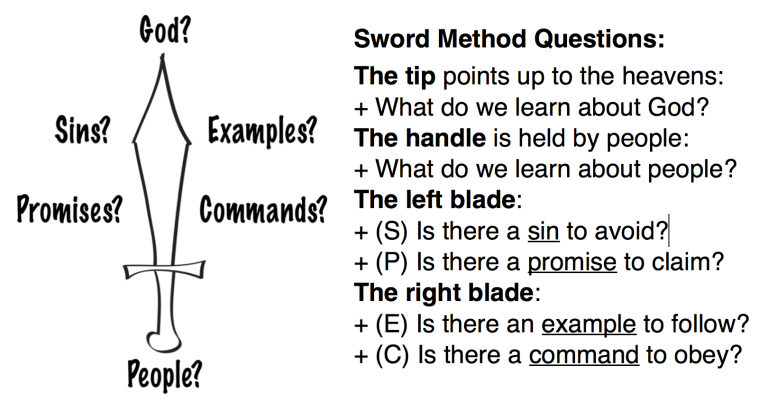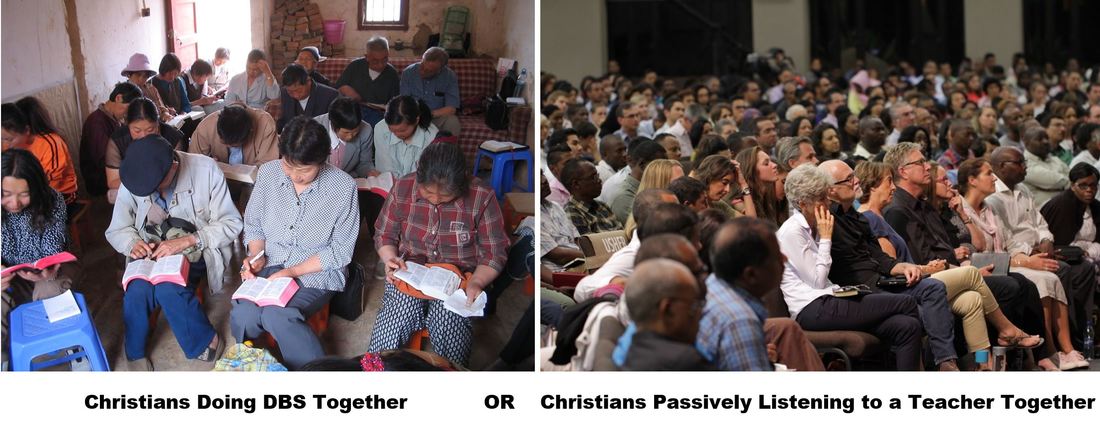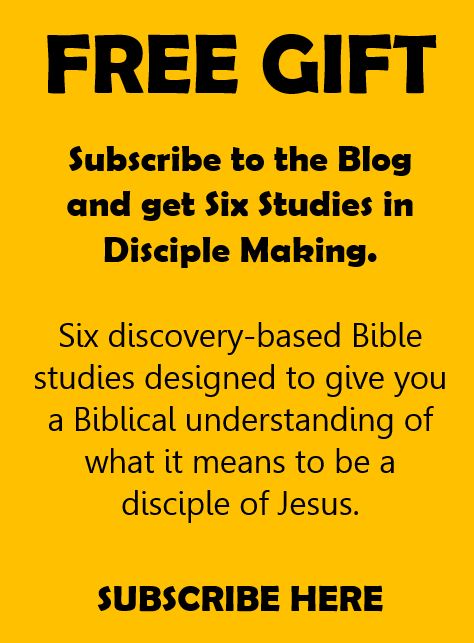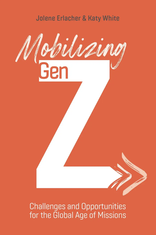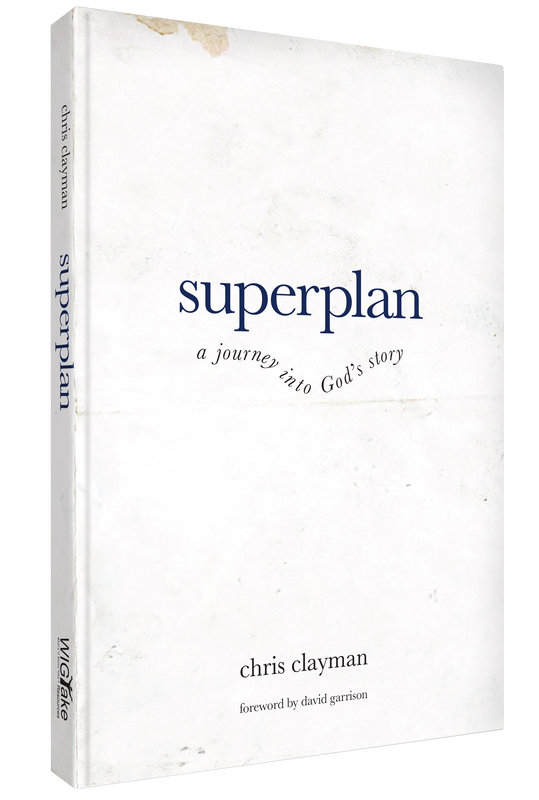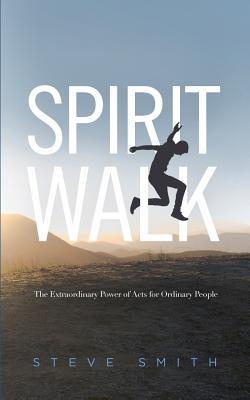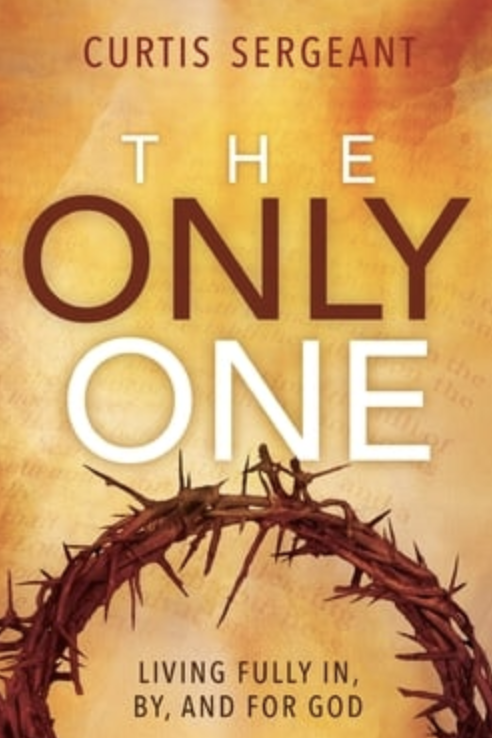|
The writer of the book of Hebrews hands out a gentle rebuke to the readers of the letter in chapter 5 verses 12 – 13: "In fact, though by this time you ought to be teachers, you need someone to teach you the elementary truths of God’s word all over again. You need milk, not solid food! Anyone who lives on milk, being still an infant, is not acquainted with the teaching about righteousness. But solid food is for the mature, who by constant use have trained themselves to distinguish good from evil." Something has gone wrong! The readers of this letter have somehow stagnated in their faith, remaining inmature and ungrowing. Some in fact, are in danger of falling away, of leaving the faith and returning to the idols of their previous lives. I think the message to the Hebrews could probably be given to many in our Western churches today. Though we have a long Christian heritage, our faith often sits in our lives like an ornament of something that has become just another decoration representing a sort of shallow civic religion rather than a transformative and transforming faith. The question then is how do help disciples of Jesus – everyone who calls themselves a Christian – train themselves to distinguish good from evil and become mature. One tool that I encourage groups of believers to use is Discovery Bible Study (DBS). DBS is a way to enter into a transformative reading of the scriptures in a church or group setting. It requires everyone to dig into the word, to wrestle with it and to apply it to their lives. It works toward obedience rather than just knowledge. Forms of discovery Bible study are at the core of most of the disciple making movements around the world today. Here is how it works. First, read the passage of scripture that your group has decided to study out loud to the group. Then have someone else read the passage out loud again. If it seems helpful, you could even read it a third time, out loud. This third time of reading the passage may be helpful because the next step is to have someone volunteer to retell the story or passage in their own words. The goal is to get a good enough grasp on the story so that you could retell it to a friend over coffee the next day if you needed to. Collective memory is better than individual memory so the group can feel free to jump in and help with the retelling. Next the facilitator (facilitator, not teacher) will lead the group into a series of questions that will help everyone enter into a deeper reading and understanding of the story. One of the more common set of questions is called the Sword Method which I’ll share here, but the focus is on asking questions that get the group engaging with the text. Here are the common sword questions:
I use a little different set of questions but the principle is the same. These discovery questions allow the Holy Spirit and God’s word to be the main driver of our learning. To keep the focus on obedience and not just learning knowledge, these discovery questions are followed by a time of application. The group works together to identify how the Lord would have them apply what they have learned from the passage into their lives that very week. Many discovery groups work together to come up with “I will” statements. “This week I will . . . “ These are written down with the expectation that the group will start the next week’s meeting time with accountability – How did you do with your “I will” statement? If it is important to obey Jesus, then it is important that we expect that as followers of Jesus, we will obey Jesus. This is one of the key differences between discovery Bible study and what we usually do at church on a Sunday morning. It’s where the rubber meets the road! DBS is an exercise in depending on God, not man and will drive those who practice it deeper into a mature, growing, active faith. This is not to say that preaching as we know it in the churches we grew up in is bad or wrong or not important. It is to say though that if a 30 minute sermon on a Sunday morning where an expert tells the church what the Bible says and how we should apply it to our lives is the only way we engage with the word of God as congregations, then we are probably not growing the way we should. We're still stuck with milk, not solid food! House churches all across the world are using discovery Bible study. In almost every context where the church is growing exponentially, some form of DBS is present. It pushes its practitioners to maturity as they learn to dig in for themselves, as they learn to self feed on the world of God and as they learn to apply the truths of scripture to their lives. There were two men in the story that Jesus tells about where you’ll build your house. They both “heard” the word of the Lord. They both knew what God had said. The key difference was that one chose to apply it, the man who built his house on a rock. The other was content just to know and his end was destruction. Discovery Bible Study is a great tool for the discipleship of believers young and old. It will teach new believers to self feed on the word of God and provide a simple tool for all believers to use to disciple others. DBS is also a fantastic tool to use to read the Bible with non-believers; with Muslims, Hindus and Buddhists. We'll explore that idea in a future article. Learn it. Apply it. Share it. Today! Learn from others about Discovery Bible Study
DBS in a Nutshell Cru DBS Guide Intervarsity DBS Training Video DBS Distilled in Mission Frontiers Mission Network Three Column Discovery Bible Study
0 Comments
Your comment will be posted after it is approved.
Leave a Reply. |
The E2E Community
Categories
All
Good Books
Archives
April 2024
|
Proudly powered by Weebly


